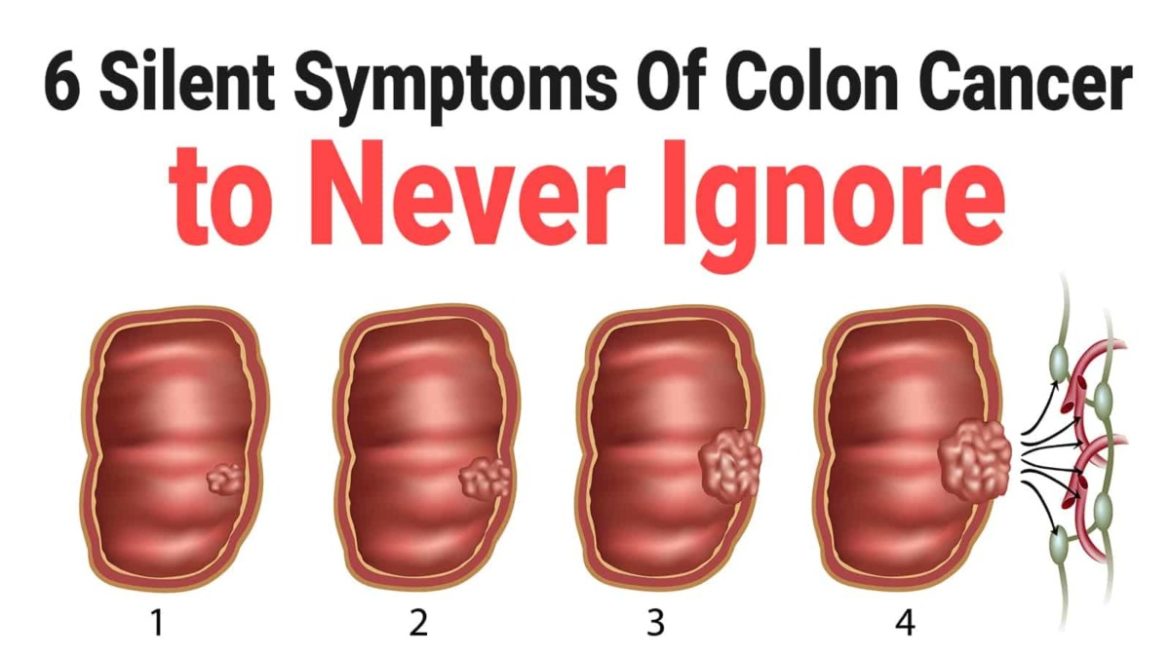What is colorectal cancer?
Colorectal cancer is a cancer that starts in the colon (large intestine) or rectum. Both of these organs are in the lower portion of your digestive system. The rectum is at the end of the colon.
The American Cancer Society (ACS) estimates that about 1 in 23 men and 1 in 25 women will develop colorectal cancer during their lifetime.
Your doctor may use staging as a guideline to figure out how far along the cancer is. It’s important for your doctor to know the stage of the cancer so they can come up with the best treatment plan for you and give you an estimate of your long-term outlook.
Stage 0 colorectal cancer is the earliest stage, and stage 4 is the most advanced stage:
- Stage 0. Also known as carcinoma in situ, in this stage abnormal cells are only in the inner lining of the colon or rectum.
- Stage 1. The cancer has penetrated the lining, or mucosa, of the colon or rectum and may have grown into the muscle layer. It hasn’t spread to nearby lymph nodes or to other parts of the body.
- Stage 2. The cancer has spread to the walls of the colon or rectum or through the walls to nearby tissues but hasn’t affected the lymph nodes.
- Stage 3. The cancer has moved to the lymph nodes but not to other parts of the body.
- Stage 4. The cancer has spread to other distant organs, such as the liver or lungs.
What are the symptoms of colorectal cancer?
Colorectal cancer may not present with any symptoms, especially in the early stages. If you do experience symptoms during the early stages, they may include:
- constipation
- diarrhea
- changes in stool color
- changes in stool shape, such as narrowed stool
- blood in the stool
- bleeding from the rectum
- excessive gas
- abdominal cramps
- abdominal pain
If you notice any of these symptoms, make an appointment with your doctor to discuss getting a colorectal cancer screening.
Stage 3 or 4 symptoms (late stage symptoms)
Colorectal cancer symptoms are more noticeable in the late stages (stages 3 and 4). In addition to the above symptoms, you might also experience:
- excessive fatigue
- unexplained weakness
- unintentional weight loss
- changes in your stool that last longer than a month
- a feeling that your bowels won’t completely empty
- vomiting
If colorectal cancer spreads to other parts of your body, you may also experience:
- jaundice, or yellow eyes and skin
- swelling in the hands or feet
- breathing difficulties
- chronic headaches
- blurry vision
- bone fractures
Are there different types of colorectal cancer?
While colorectal cancer sounds self-explanatory, there’s actually more than one type. The differences have to do with the types of cells that turn cancerous as well as where they form.
The most common type of colorectal cancer starts from adenocarcinomas. According to the ACS, adenocarcinomas make up most colorectal cancer cases. Unless your doctor specifies otherwise, your colorectal cancer is likely this type.
Adenocarcinomas form within the cells that make mucus in either the colon or rectum.
Less commonly, colorectal cancers are caused by other types of tumors, such as:
- lymphomas, which can form in lymph nodes or in the colon first
- carcinoids, which start in hormone-making cells within your intestines
- sarcomas, which form in soft tissues such as muscles in the colon
- gastrointestinal stromal tumors, which can start off as benign and then become cancerous (They usually form in the digestive tract, but rarely in the colon.)
What causes colorectal cancer?
Researchers are still studying the causes of colorectal cancer.
Cancer may be caused by genetic mutations, either inherited or acquired. These mutations don’t guarantee you’ll develop colorectal cancer, but they do increase your chances.
Some mutations may cause abnormal cells to accumulate in the lining of the colon, forming polyps. These are small, benign growths.
Removing these growths through surgery can be a preventive measure. Untreated polyps can become cancerous.
Who’s at risk for colorectal cancer?
There’s a growing list of risk factors that act alone or in combination to increase a person’s chances of developing colorectal cancer.
Fixed risk factors
Some factors that increase your risk of developing colorectal cancer are unavoidable and can’t be changed. Age is one of them. Your chances of developing this cancer increase after you reach the age of 50.
Some other fixed risk factors are:
- a prior history of colon polyps
- a prior history of bowel diseases
- a family history of colorectal cancer
- having certain genetic syndromes, such as familial adenomatous polyposis (FAP)
- being of Eastern European Jewish or African descent
Modifiable risk factors
Other risk factors are avoidable. This means you can change them to decrease your risk of developing colorectal cancer. Avoidable risk factors include:
- being overweight or having obesity
- being a smoker
- being a heavy drinker
- having type 2 diabetes
- having a sedentary lifestyle
- consuming a diet high in processed meats
Source :Healthline
